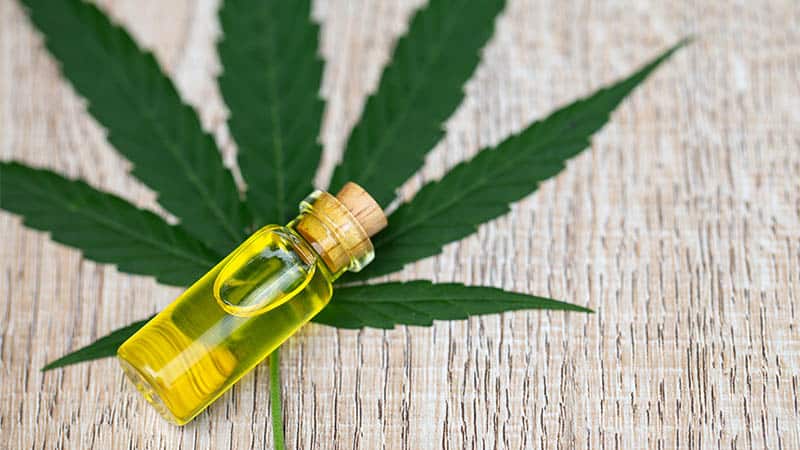
A preliminary study conducted by researchers at the Icahn School of Medicine at Mount Sinai suggests that cannabidiol (CBD) may be effective in reducing cravings and anxiety in individuals with a history of heroin use. While the study does not imply that CBD alone can break opioid addiction, it indicates that CBD could serve as a tool to help reduce cravings in individuals struggling with heroin addiction.
The study involved 42 former heroin users who were currently drug-free. The participants were administered either a placebo or one of two different strengths of CBD solution. They were then exposed to two videos—one depicting neutral scenes of nature and the other containing cues designed to trigger heroin cravings. Various measures were used to assess the participants’ responses, including self-reported levels of anxiety and drug cravings, as well as physiological indicators such as skin temperature, blood pressure, heart rate, and cortisol levels in saliva.
Over the course of three days, the tests were repeated daily, and the participants’ responses to the cues were tracked. The results were compelling, with the CBD groups demonstrating significant reductions in all measured responses compared to the placebo group. CBD, in particular, lowered salivary cortisol levels and heart rate responses to the drug-associated video cues. Furthermore, these effects appeared to persist for at least seven days after the final CBD dose.
It is important to acknowledge the limitations of this study. The participants had well-managed addictions, so the efficacy of CBD for individuals experiencing acute relapses remains unclear. Additionally, the trial was conducted over a short timeframe, without insight into whether CBD has a long-term impact on relapse in real-world conditions.
However, these limitations do not diminish the significance of the research. Numerous observational studies have shown a correlation between cannabis legalization and a decrease in opioid consumption. This new randomized controlled trial provides insight into the possible explanation for these epidemiological findings. If CBD effectively reduces opioid cravings and anxiety, it would help explain the observation that opioid prescriptions decrease following the legalization of marijuana for medicinal or recreational use in US states.
Yasmin Hurd, the first author of the study and director of the Addiction Institute at Mount Sinai, suggests that this research opens exciting new avenues for understanding the brain mechanisms involved in addiction relapse. One of the team’s follow-up studies aims to delve deeper into the specific brain mechanisms influenced by CBD. Hurd also highlights that if the results from this study can be further confirmed in larger trials, CBD could become a valuable tool for doctors in treating individuals seeking to overcome opioid addiction.
“Our findings indicate that CBD holds significant promise for treating individuals with heroin use disorder,” says Hurd. “A successful non-opioid medication would add significantly to the existing addiction medication toolbox to help reduce the growing death toll, enormous healthcare costs, and treatment limitations imposed by stringent government regulations amid this persistent opioid epidemic.”
The study was published in The American Journal of Psychiatry.